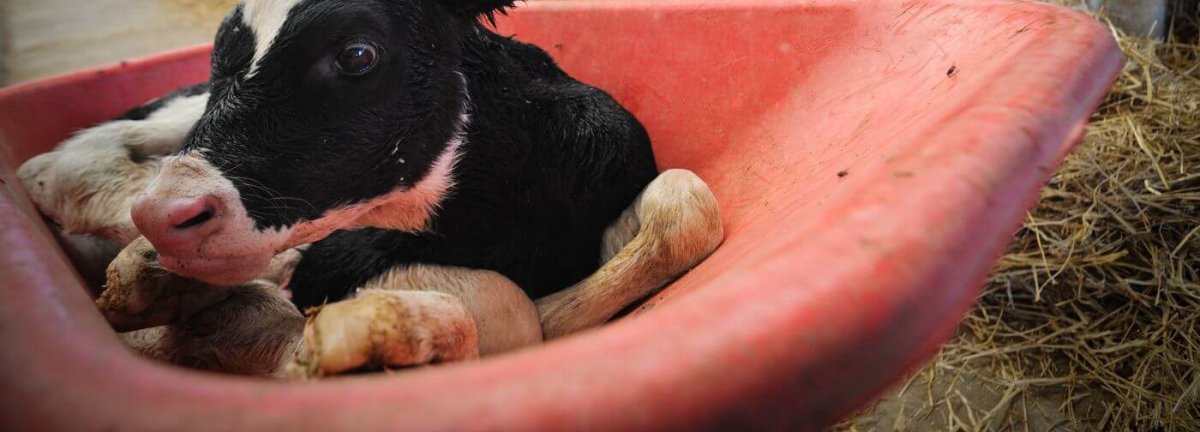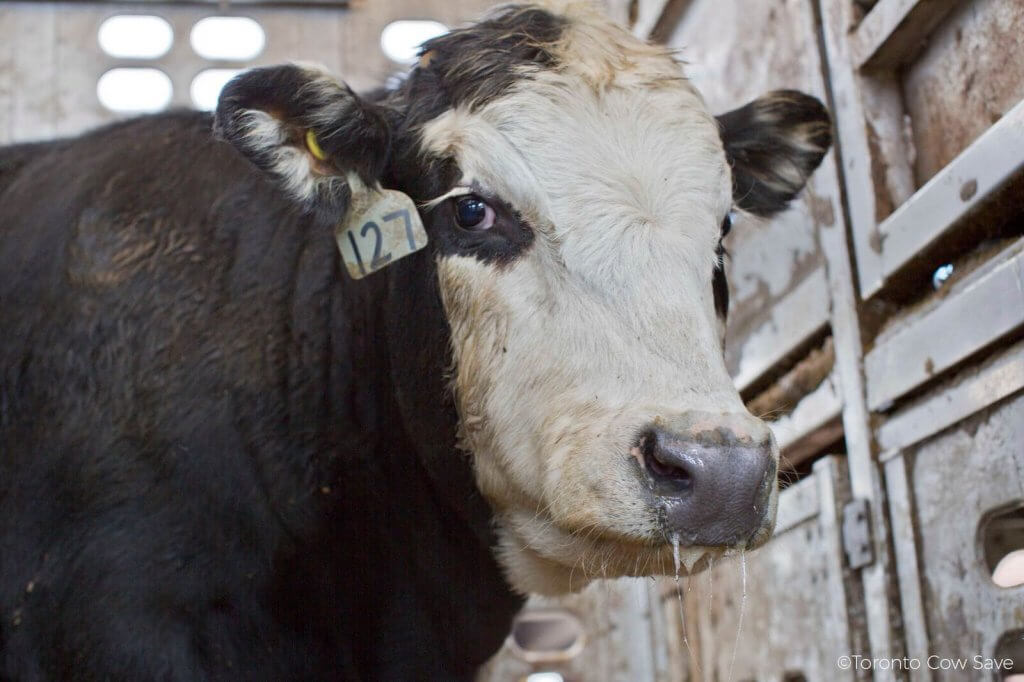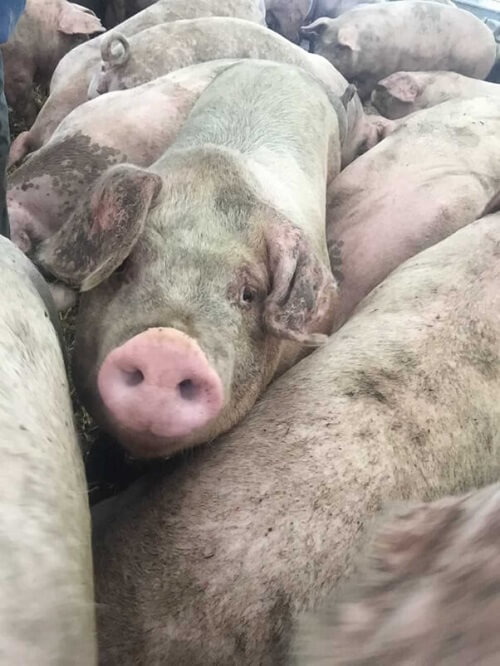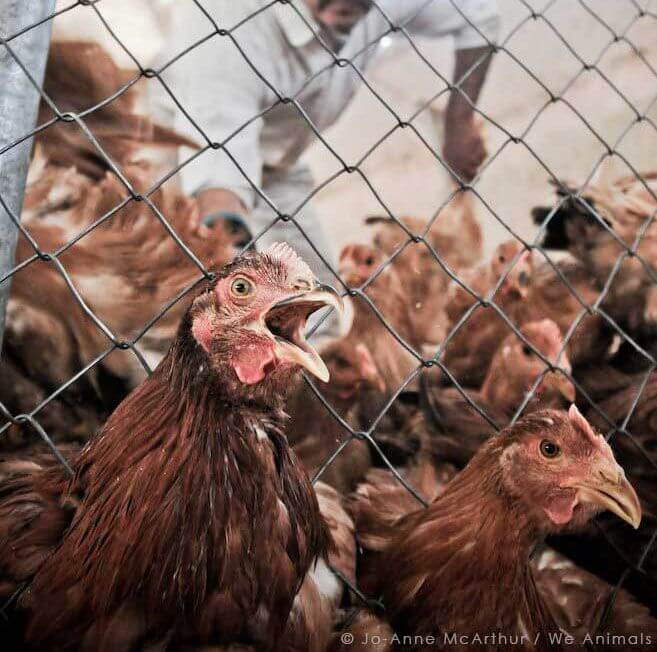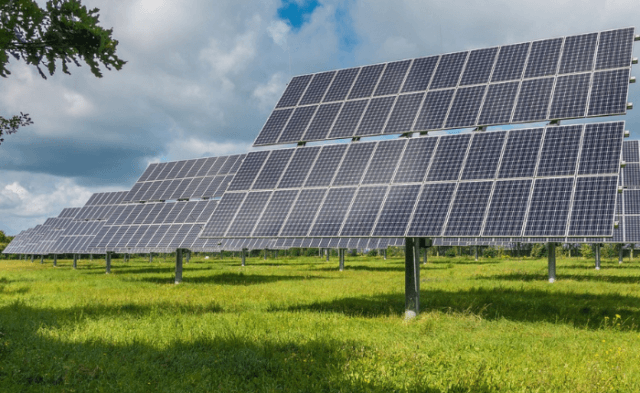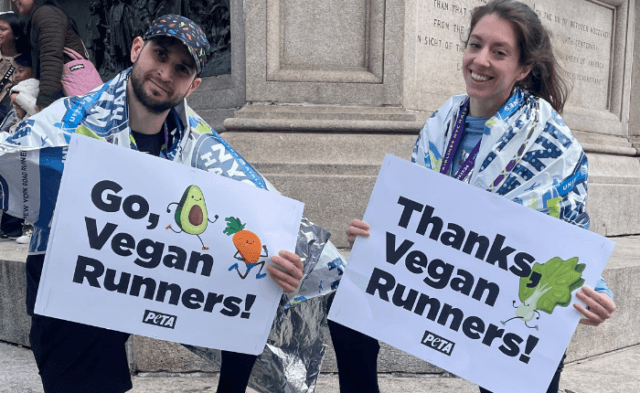In college, I had an anthropology professor who frequently argued that the control of surplus food is the root of all social inequality.
Such a bold claim may seem to be a stretch at first, but when you consider the importance of food in any culture, the connection is hard to ignore. It’s one of the few things that we can’t live without, and those who control it, therefore, control the means of people’s survival. Throughout history, my professor said, that control has led to patriarchy, racism, and economic inequality and has been at the center of many of our species’ greatest conflicts. What effects, then, does this never-ending struggle for resources have on other species?
Around 12,000 years ago, our ancestors first began domesticating other animals in order to use them in various ways. In the centuries since, we’ve seen wars, famines, and the rise and fall of societies that can be directly linked to the control of food, yet during that time, nonhuman animals have perhaps suffered more than anyone else.
It was, after all, our Neolithic predecessors’ desire for more food that led them to breed animals selectively for certain traits, which, over many generations, left factory-farmed turkeys physically unable to engage in normal reproductive behavior and “double-muscled” pigs and cows with a slew of birth defects and health problems. Animals raised for food are regularly dosed with drugs to make them grow faster and keep them alive in horrific conditions. Those who survive their miserable, cramped existence face a grisly death at the slaughterhouse, where their throats are slit and their bodies molded into various shapes for humans to consume.
When confronted with this worldview, it’s easy to find yourself seeking out the bygone days of subsisting on only the foods that naturally occur, but that’s not feasible or desirable for most. Despite all the negative consequences of the human manipulation of plants and animals, the surplus food that it produced allowed humans to spend time developing other technologies. Air conditioning is pretty nice.
While we can’t change the sins of our past, we can—and must—work toward a better future. It’s time to embrace a compassionate food system. To paraphrase the oft-quoted ideas of the Rev. Dr. Martin Luther King Jr., injustices in our world are all connected, and they affect each one of us, no matter our race, gender, religion, or species. The injustices tied to what—or who—we eat permeate every other aspect of our culture, and until our food system reflects the kindness we aspire to and affords equal consideration to the most vulnerable, we cannot expect to live in a tolerant and accepting society. We can all make changes in order to bring us closer to this future. End the ever-repeating cycle of oppression where it starts by extending compassion to those who have felt its consequences the most: Go vegan.
In the meantime, I’ll write to my professor and ask that he add speciesism to the forms of inequalities he cites in his argument. He’ll have a class full of vegans in no time, and PETA can be counted on to keep working to create a world in which all sentient beings are treated with the respect that they deserve.

